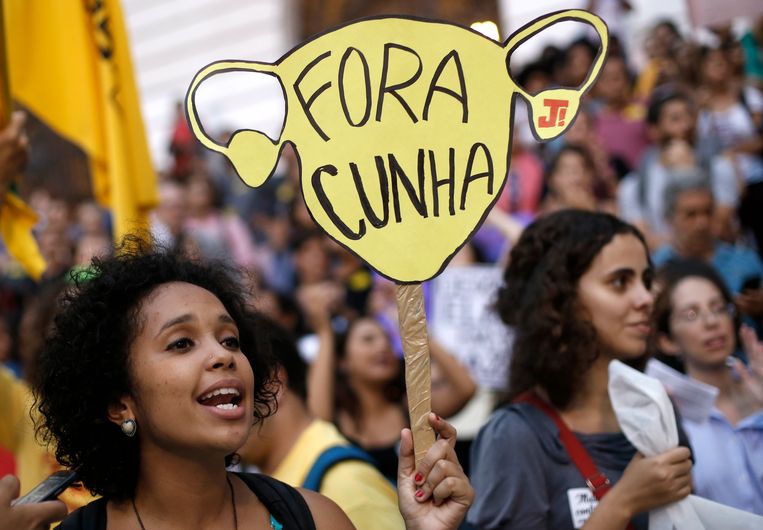The United States and Cuba have little in common politically, but they have long been fraternal pioneers in one area: access to abortion. Cuba legalized abortion in 1965, and in 1973 the US Supreme Court ruled that it was a constitutional right. Elsewhere, due to the influence of the Roman Catholic Church, abortion was not allowed anywhere.
Now suddenly the situation has turned upside down. Several major countries in Latin America have recently expanded access to abortion since the US Supreme Court struck down nationwide abortion rights. In Argentina (2020), Parliament passed a law guaranteeing the right to abortion up to 14 weeks of pregnancy. In Mexico (2021) and Colombia (2022), the Supreme Court ruled that politicians cannot ban abortion.
Mariela Belsky, Director of Amnesty International in Argentina, A Comment piece American women can take inspiration from that progress, according to Al Jazeera TV. “Many people in America now feel that everything is lost, and Latin America shows that there is always hope.”

Now it is customary for America to have more influence than any other country. This also applies to abortion. That influence is not always ambiguous. For example, it depends on which president is sitting. Democratic leaders often tie economic aid to programs that increase access to abortion. Republican presidents have tied aid to the condition that not a cent go to abortion.
Now the enemy is suddenly pointing the finger at America
In addition, there is Soft power The American example, however, can work both ways. Supporters of abortion rights often cite the American example, as opponents have recently done. The US anti-abortion movement also has an international lobby.
Guatemala showed this year just how paradoxical that influence can be. Abortion is already banned there, but parliament passed an even tougher law that carries a 10-year prison sentence. This happened partly under the influence of the international anti-abortion movement, such as the ‘Ibero-American Congress for Life and the Family’, which was financed with US money.
To everyone’s surprise, President Giamatte announced his country.Pro-life Capital of Latin America’, ultimately did not sign the law. He may have shrank from the fallout from Washington, where the Biden administration has expressed its displeasure.
Reference to Roe vs Wade is no longer possible
Finally, there is legal influence. Judgment Roe vs. Wade, which until recently guaranteed the right to abortion in the United States, has been cited as an example of authoritative rulings that set the international standard in abortion cases by courts in Colombia and Brazil. It is no longer possible.
A new example may soon take its place. In September, Chile will vote on a new constitution that guarantees a constitutional right to abortion, unlike the current situation in that country.
read more:
Anti-abortion winds are blowing in Congress, too, in Brazil
Abortion rights are currently being taken away in the United States. The abortion debate also erupted in Brazil.

“Award-winning beer geek. Extreme coffeeaholic. Introvert. Avid travel specialist. Hipster-friendly communicator.”








